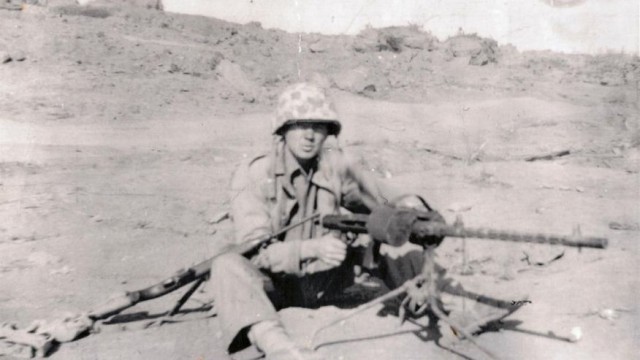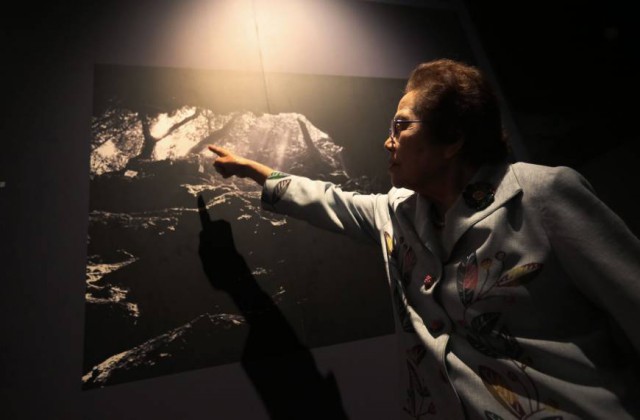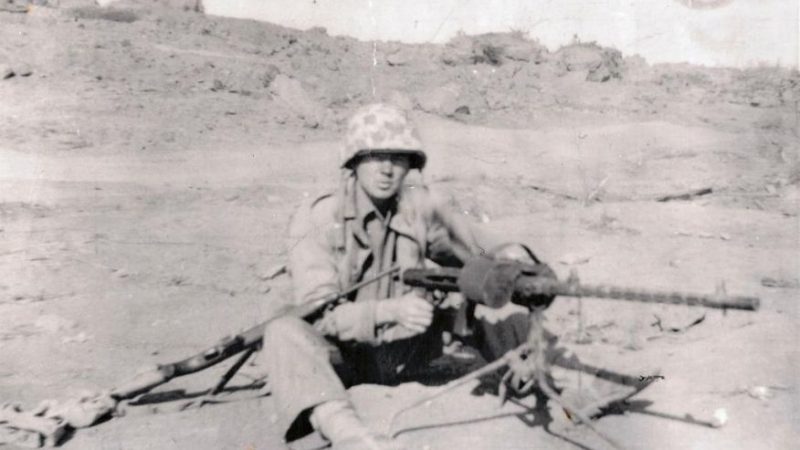Like any other war, the Second World War brought us all levels of propaganda used by both sides. For the US marines, the Japanese were brutal enemies, who had no regard for humanity or life. For the Japanese, on the other hand, Americans were long-nosed devils who only knew how to slaughter and rape. The propaganda seeped into people’s minds so deeply that it took people a long time to reconcile with their opponents.
Today, America and Japan are the closest of allies in their economic and public relations, primarily because most of the people alive now in these countries did not experienced those times of war and hatred. The leaders of both nations, Barack Obama and Shinto Abe, were born in the post-war era along, with majority of their people. But for those who lived through the horrors of war, it is not possible to get rid of the memories that are embedded in their minds. The following are the accounts of the experiences of an American marine and a Japanese nurse, which clearly depict their life and times during the Second World War.
Norman Baker (WWII veteran served in 4th Marine Division)

Norman Baker was the first person out of his landing craft, when the American forces invaded Iwo Jima. He later described this moment as monumental and life-changing. He said he became a man in a matter of a few minutes. He arrived at Iwo Jima with the 4th Marine Division on 25th February 1945. When Baker’s division managed to push into the island, he saw piles and piles of bodies everywhere he turned. He experienced the true horrors of the war, but he had to continue forward. He was among those who were given the task of clearing two airfields, one of which was near the famous Mount Suribachi.
While clearing the airfields, Baker and his comrades came across scores of Japanese. Most of them were wounded but they had to shoot them. Baker later explained that the indoctrination they went through had such a strong hold on them that they had no other choice but to kill those ‘brutal’, ‘barbarian’ Japanese. Baker said that the more time he spent on the Island, the stronger and stronger his hatred for the Japanese grew.
Baker tells a story about his encounter with a wounded Japanese soldier who was shot in the back. Although Baker’s comrade wanted to shoot him, Baker, however, decided to let him live and did not shoot him.
Looking back at the past and especially on the events of the Second World War, Baker says that he has somehow reconciled with the realities of life. But he still believes that the Japanese did commit horrible atrocities before and during the war.
Yoshiko Shimabukuro (a schoolgirl and a nurse for Japanese Army in WWII)

Yoshiko Shimabukuro was only 17 and still a school-going teen, when the Japanese Army came to their town asking them to evacuate and forcing people to join the army to work in hospitals and medical camps.
Shimabukuro was sent to join the Himeyuri Student Corps; after a brief and intense 3-day medical course, she was deployed at one of the underground hospitals of the Japanese army, called ‘Caves’. Still very young, Shimabukuro had to witness countless amputations and watch dying soldiers on a daily basis. All the chaos and death pushed her into depression, and her hatred towards the ‘American beasts’ (this is what the Japanese called the Americans at the time) increased with every passing second.
After the war had intensified, Shimabukuro was ordered to leave the hospital and make a run for her life. She and one of her friends started walking towards safety, but stepped on an explosive device, which wounded one of her arms very badly. Eventually they were captured by American marines and were treated in an American-run hospital. Shimabukuro remembers that she hated the Americans so much that even though they were helping her and treating her wounds, she believed they were going to kill her at any moment, The Big Story reports.
After the war, Shimabukuro continued her education and became a teacher by profession. She is now 87, and believes that war is the most terrible thing that could ever happen to human beings. She says that she no longer hates Americans and strongly believes that only peace and compassion must be adopted to proceed towards a better future.
